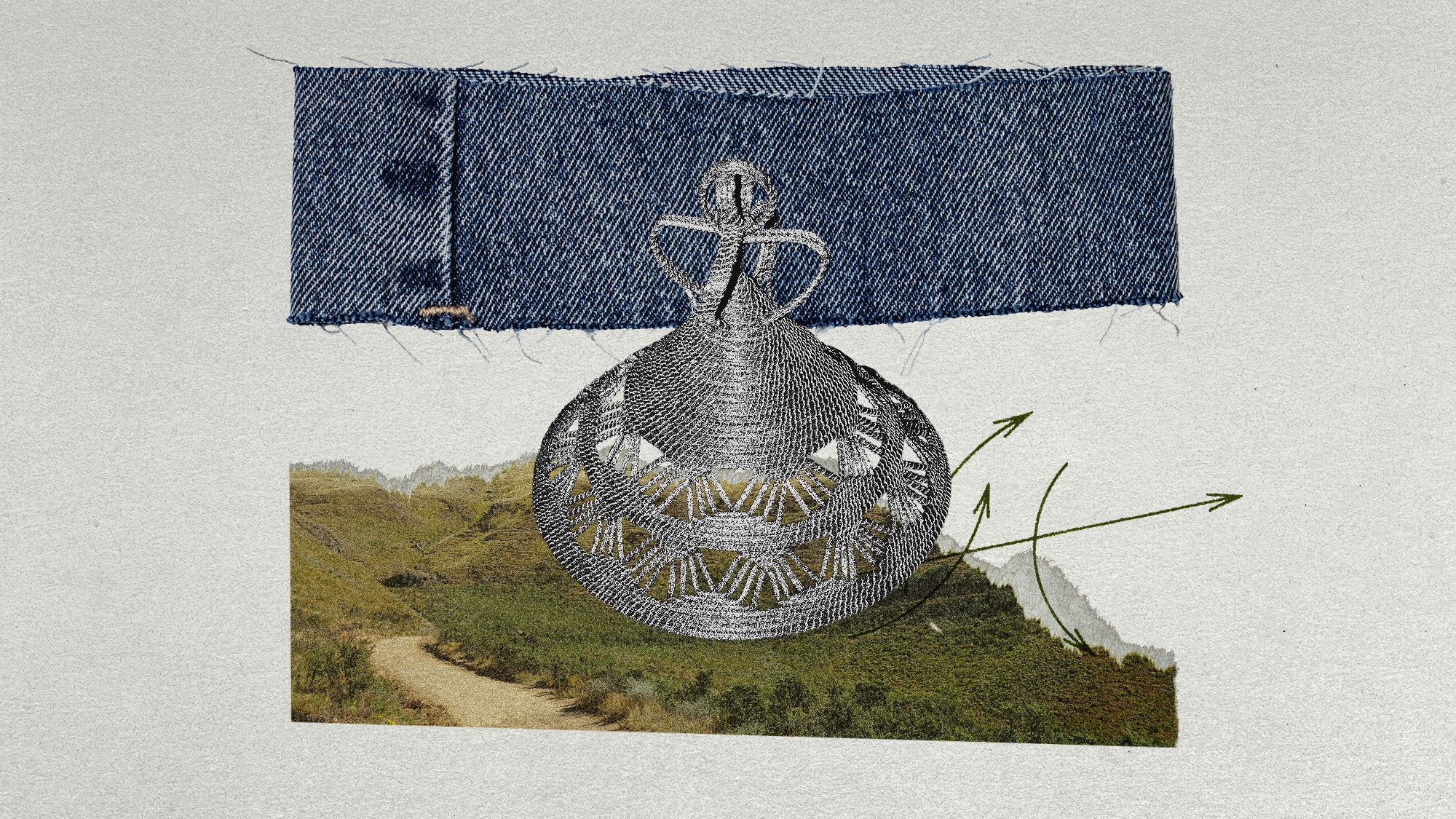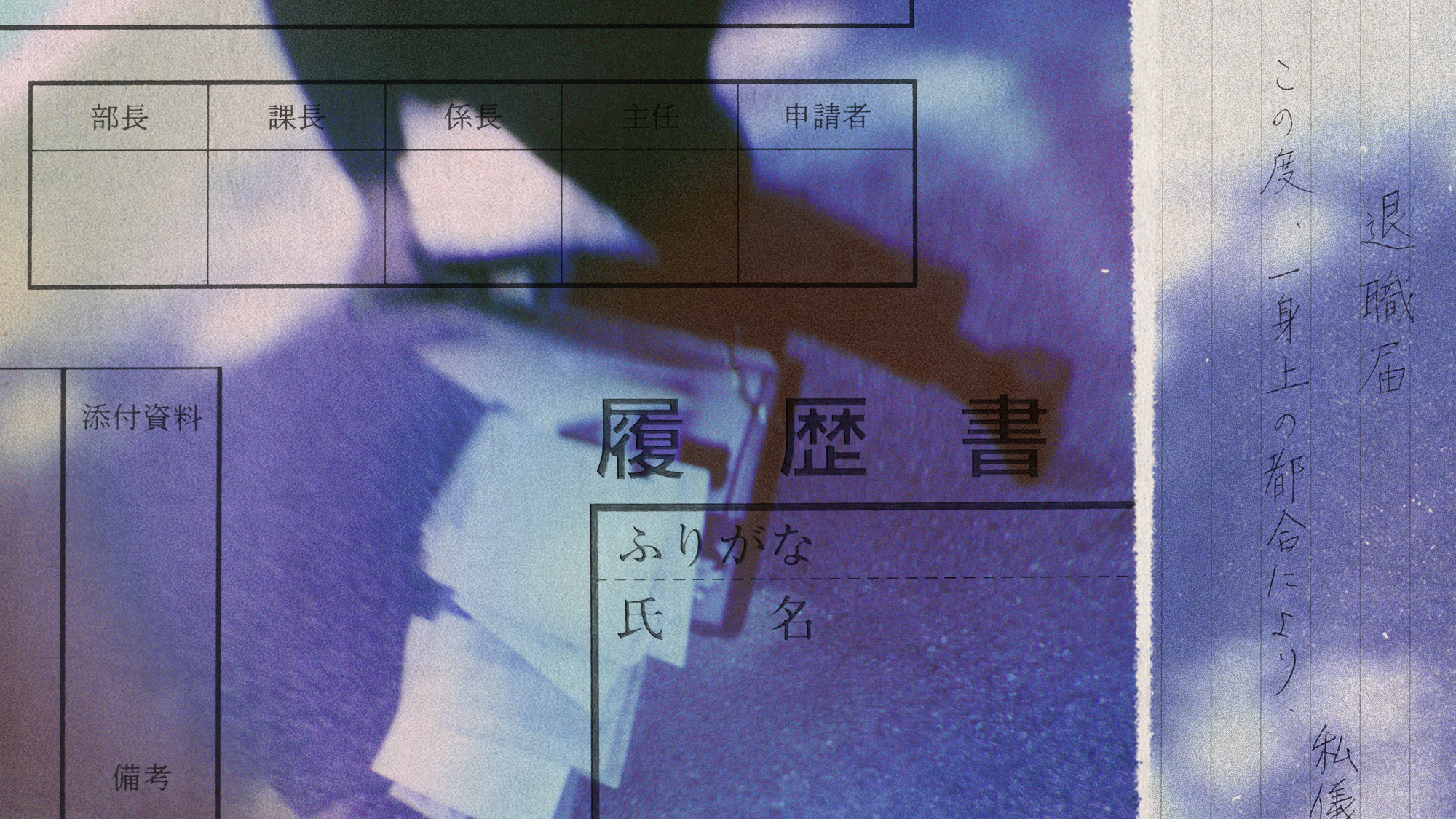Lesotho: the tiny African nation in the crosshairs of Trump's tariff war
US president imposes 50% reciprocal levy on the impoverished state: the highest of his so-called 'Liberation Day' tariffs

A free daily email with the biggest news stories of the day – and the best features from TheWeek.com
You are now subscribed
Your newsletter sign-up was successful
"Nobody has ever heard of" Lesotho, Donald Trump said last month with his trademark braggadocio.
That's despite the US' diplomatic mission in the Kingdom of Lesotho, a tiny mountainous enclave surrounded by South Africa. But the US president has since ensured that everyone has heard of Lesotho by imposing a 50% "reciprocal" levy on imports from the impoverished nation: the highest of his so-called "Liberation Day" tariffs.
The 'denim capital of Africa'
If you've ever bought a pair of jeans from an American brand like Levi's, "chances are they were manufactured at a factory" in Lesotho, said The Associated Press. The country's annual GDP relies heavily on exports, and textile manufacturing is one of its "key industries".
The Week
Escape your echo chamber. Get the facts behind the news, plus analysis from multiple perspectives.

Sign up for The Week's Free Newsletters
From our morning news briefing to a weekly Good News Newsletter, get the best of The Week delivered directly to your inbox.
From our morning news briefing to a weekly Good News Newsletter, get the best of The Week delivered directly to your inbox.
Lesotho, an independent nation of just two million people, is known as the "denim capital of Africa", according to the BBC – but it doesn't just produce jeans. Last year, Lesotho exported $237 million (£184 million) worth of clothes and textiles to the US via the African Growth and Opportunity Act (Agoa): about 75% of its textile output.
The continent-wide trade agreement has allowed eligible African nations tariff-free access to the US for "thousands of product types" since 2000, said The Guardian. It has created "a thriving garment industry" in Lesotho, accounting for about 20% of GDP. Now, "all that is at risk". Of Lesotho's 30,000 garment workers, mostly women, 12,000 make clothes for US brands including Calvin Klein and Walmart.
"We need to urgently travel to the US to engage with its executives and plead our case," Lesotho's trade minister Mokhethi Shelile said on Thursday. "My biggest concern was the immediate closure of factories and job losses."
'Lesotho will be dead'
Trump claims Lesotho charges a 99% tariff on US goods, based on a formula the White House used to calculate trade deficits. Lesotho disputes the figure, saying it was unaware of how the US arrived at that number. Many economists have explained that the methodology is flawed, and foreign governments decried the resulting levies as unfair and misrepresentative.
A free daily email with the biggest news stories of the day – and the best features from TheWeek.com
But the calculation means smaller economies with limited imports from the US, such as Lesotho, were "hit hardest" by Trump's tariffs, said Al Jazeera. That trade surplus is "largely driven by diamond and textile exports". The measure will deliver "a severe blow" to Lesotho's economy. The tariff "is going to kill the textile and apparel sector", according to economic analyst Thabo Qhesi, based in the capital Maseru. "If the closure of factories were to happen, the industry is going to die and there will be multiplier effects," he told Reuters. "So Lesotho will be dead, so to say."
But the tariff also "compounded the pain" of one of Trump's previous moves, said Al Jazeera: cuts to US foreign aid. Lesotho has one of the highest HIV/Aids infection rates in the world, with roughly one in four adults living with the virus, according to government data. Lesotho's health sector was "reliant" on US aid.
Since 2016, Lesotho has received more than $850 million in HIV funding, said Agence France-Presse, via a Bush-era programme called the President's Emergency Plan for Aids Relief. After a "complete halt" to foreign aid in February, only 28% of that support had resumed in Lesotho by mid-March, according to the UN Aids agency. Many HIV patients in Lesotho have been "cut off from vital medication".
Harriet Marsden is a senior staff writer and podcast panellist for The Week, covering world news and writing the weekly Global Digest newsletter. Before joining the site in 2023, she was a freelance journalist for seven years, working for The Guardian, The Times and The Independent among others, and regularly appearing on radio shows. In 2021, she was awarded the “journalist-at-large” fellowship by the Local Trust charity, and spent a year travelling independently to some of England’s most deprived areas to write about community activism. She has a master’s in international journalism from City University, and has also worked in Bolivia, Colombia and Spain.
-
 Switzerland could vote to cap its population
Switzerland could vote to cap its populationUnder the Radar Swiss People’s Party proposes referendum on radical anti-immigration measure to limit residents to 10 million
-
 Political cartoons for February 15
Political cartoons for February 15Cartoons Sunday's political cartoons include political ventriloquism, Europe in the middle, and more
-
 The broken water companies failing England and Wales
The broken water companies failing England and WalesExplainer With rising bills, deteriorating river health and a lack of investment, regulators face an uphill battle to stabilise the industry
-
 Currencies: Why Trump wants a weak dollar
Currencies: Why Trump wants a weak dollarFeature The dollar has fallen 12% since Trump took office
-
 TikTok: New owners, same risks
TikTok: New owners, same risksFeature What are Larry Ellison’s plans for TikTok US?
-
 Trump wants a weaker dollar, but economists aren’t so sure
Trump wants a weaker dollar, but economists aren’t so sureTalking Points A weaker dollar can make imports more expensive but also boost gold
-
 Why quitting your job is so difficult in Japan
Why quitting your job is so difficult in JapanUnder the Radar Reluctance to change job and rise of ‘proxy quitters’ is a reaction to Japan’s ‘rigid’ labour market – but there are signs of change
-
 Leadership: A conspicuous silence from CEOs
Leadership: A conspicuous silence from CEOsFeature CEOs were more vocal during Trump’s first term
-
 The end for central bank independence?
The end for central bank independence?The Explainer Trump’s war on the US Federal Reserve comes at a moment of global weakening in central bank authority
-
 Why Saudi Arabia is muscling in on the world of anime
Why Saudi Arabia is muscling in on the world of animeUnder the Radar The anime industry is the latest focus of the kingdom’s ‘soft power’ portfolio
-
 Can Trump make single-family homes affordable by banning big investors?
Can Trump make single-family homes affordable by banning big investors?Talking Points Wall Street takes the blame